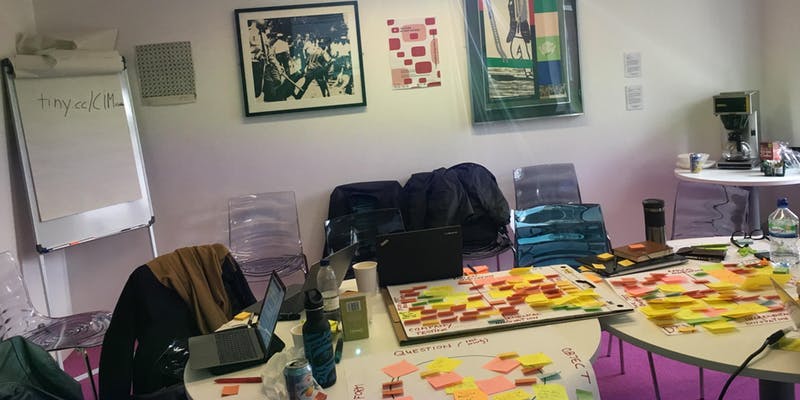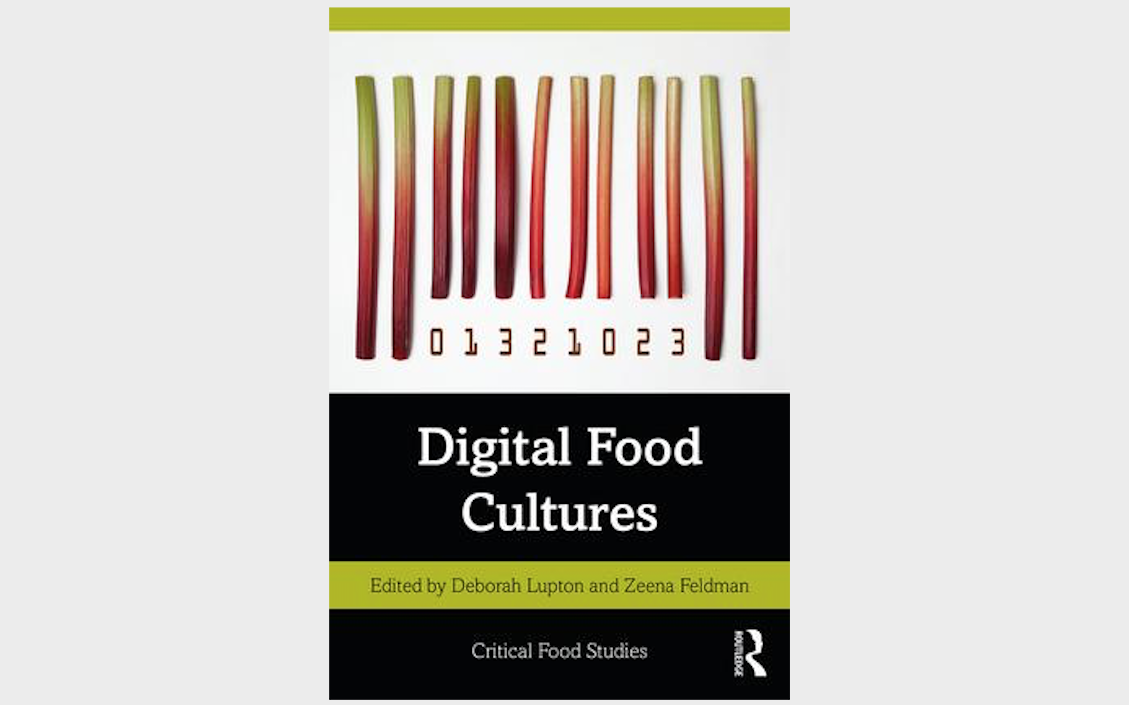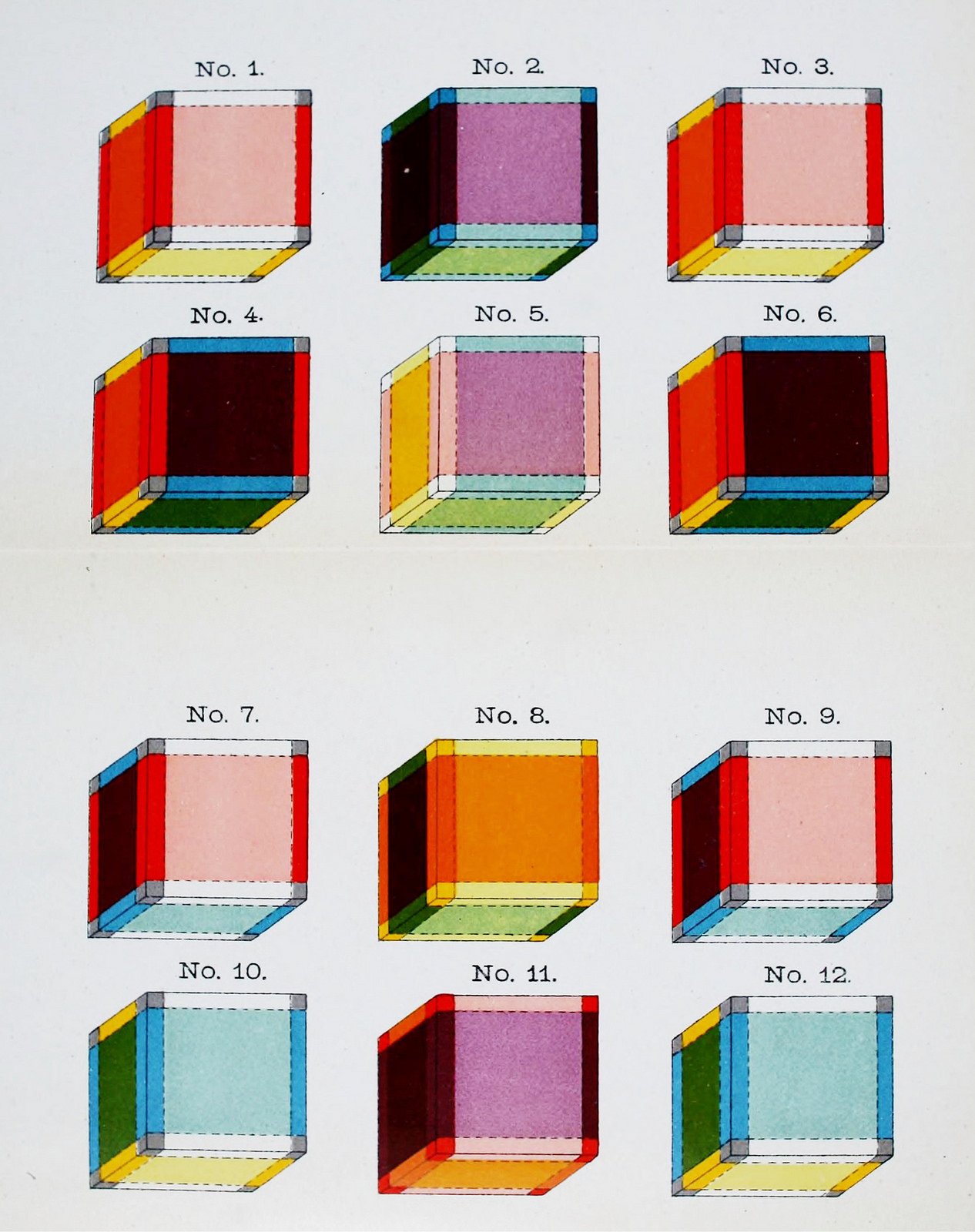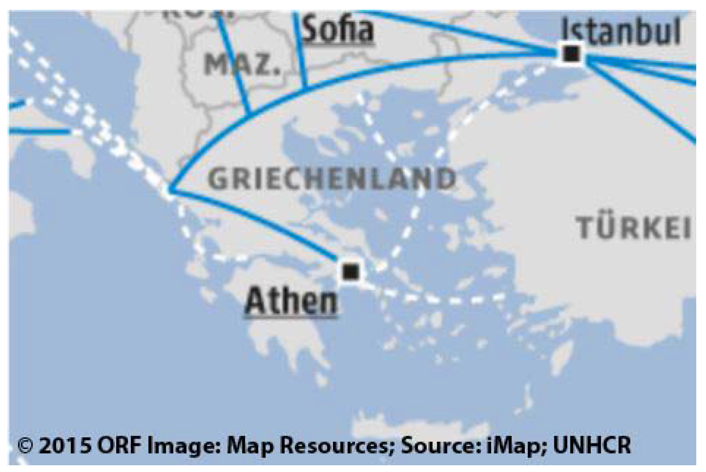[three_fourths]
Description
Julia Fallon from Europeana will discuss their Impact Playbook. It is an innovative co-production and good example of co-research in action.
Summary: Ahead of us is a challenge of producing better, more convincing evidence of how transformative access to digital culture can be. How it contributes to every day life, and how it can inspire us, quite literally improving our health and wellbeing. In 2017 Europeana launched the Impact Playbook; a practical tool to help drive change and impact in the cultural heritage sector. Developed collaboratively – it is a tangible step we have taken to help institutions learn, explore and assess their impact. The playbook has opened possibilities for many institutions to have conversations with their colleagues, their customers and their management. I will introduce the playbook, tell you a bit about the work we have done following it so far, what we have learned from it and where it goes next. I would also like to share our plans for the future and how we hope to support the growth of credible evidence for policymakers.
About Julia: As Senior Policy Advisor at Europeana, Julia Fallon works on developing frameworks (and playbooks) that motivate and facilitate cultural heritage institutions to open up their collections for reuse. Her time is split between managing copyright issues, the impact work and developing the RightsStatements.org Consortium.
Link to Playbook: https://pro.europeana.eu/what-we-do/impact?
Photo from: https://pro.europeana.eu/person/julia-fallon
[/three_fourths]
[one_fourth_last]
Date and time
Thur 15 November 2018
17:00 GMT
To book your place, please email Professor Simon Tanner (please note that spaces are limited):
Simon Tanner | Pro Vice Dean (Impact & Innovation), Arts & Humanities
Professor of Digital Cultural Heritage
Department of Digital Humanities
King’s College London | S3.18 Strand Campus | London WC2B 5RL
[/one_fourth_last]










